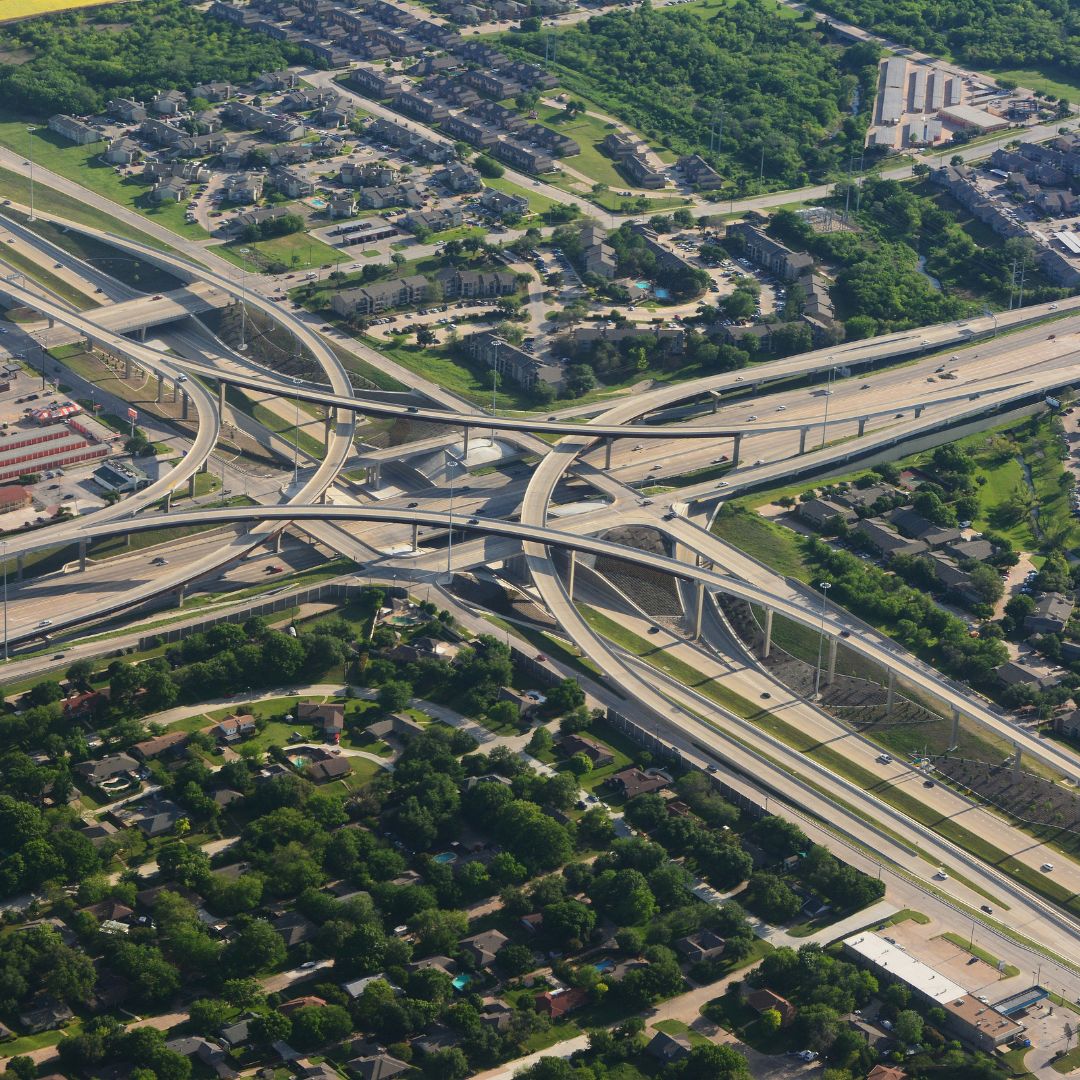Ontario’s Premier Doug Ford says that he plans to deal with Toronto’s gridlock problem on Highway 401 by building a tunnel underneath the stretch of road, giving drivers alternate routes to beat the traffic — but infrastructure experts have concerns over the laborious costs of the project.
On Sept. 25, Ford debuted his Highway 401 tunnel project at a news conference held alongside the highway. The project he called “ambitious” entails the construction of an expressway to run through a tunnel beneath Highway 401. Ford says the tunnel will ideally run entirely through Toronto, from Mississauga to Scarborough, but an internal feasibility study to determine the logistics of the project is still underway.
Ford says the study’s main purpose is to give the government an idea of what length will be best for the project, though it will also provide insight into how much the tunnel might cost and the amount of time the province will have to dedicate to construction.
“If they’re telling me, 30 kilometres is x, 40 kilometres is y, and 70 kilometres or 60 kilometres is another cost, let’s take a look at it,” said Ford.
During the question period, a reporter asked if the government would be “upfront” about the financial costs of the project, a concern among citizens as Ford and his government have been reluctant to share the potential costs of their Highway 413 project.
The Premier responded that their feasibility study would help the government be “transparent” about the possible cost of the project, but he followed up the response by emphasizing that he wanted to begin construction on the project as soon as possible, no matter the price.
“I’ll tell you one thing: we’re getting this tunnel built,” said Ford.
Despite Ford’s determination to begin construction on the tunnel, many infrastructure experts are having trouble understanding the necessity of the project.
Matti Siemiatycki of University of Toronto’s Infrastructure Institute told Global News that he has concerns over the logistics of Ford’s proposal.
Siemiatycki said the price will likely be “astronomical,” adding that it might not solve the problems Ford discussed.
“The impact and the benefits are likely not to materialize in terms of resolving congestion,” said Siemiatycki.
Dr. Shoshanna Saxe of University of Toronto’s Department of Civil and Mineral Engineering echoed Siemaitycki’s concerns about the downsides of the project. She estimates that the project will cost $55 billion, and the construction associated with the project could take “up to 20 years to complete.”
Saxe says the government needs to account for the cost of construction materials, workers, machinery and planning.
She says a significant amount of money will need to go to assembling proper infrastructure. This includes “air shafts, emergency exits and underground interchanges.”
Saxe estimates that the project will not only be long and costly but also highly inconvenient to Highway 401’s commuters, saying that construction can only go “a few kilometers at a time.” She says this will make the project “disruptive.”
“There is no way not to bother the highway,” said Saxe.
Though the path ahead for the project remains unclear as the government waits on the results of the internal feasibility study, Ford has demonstrated that he aims to begin the project as soon as he can regardless of costs and concerns.

